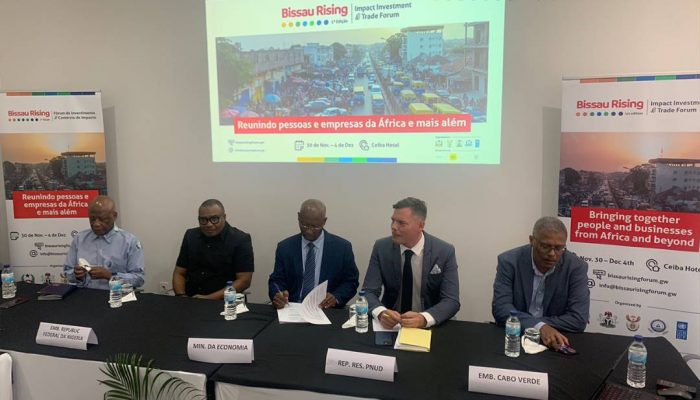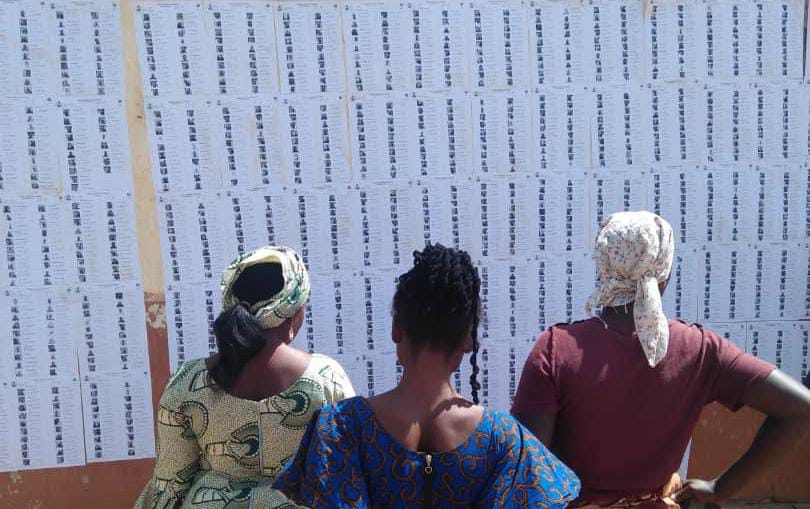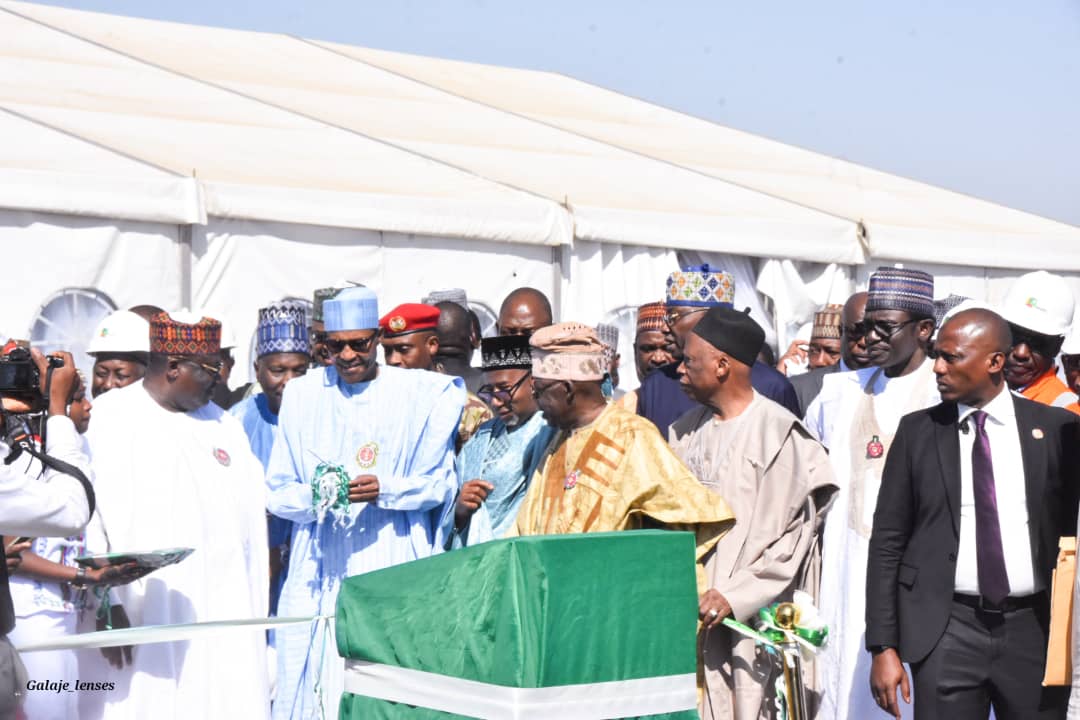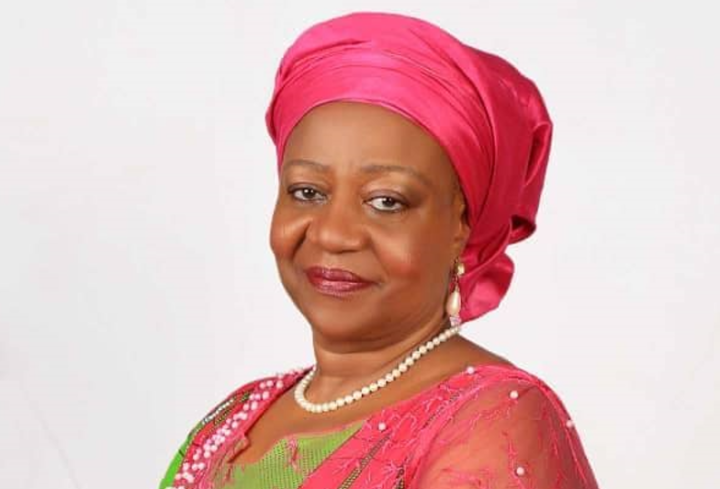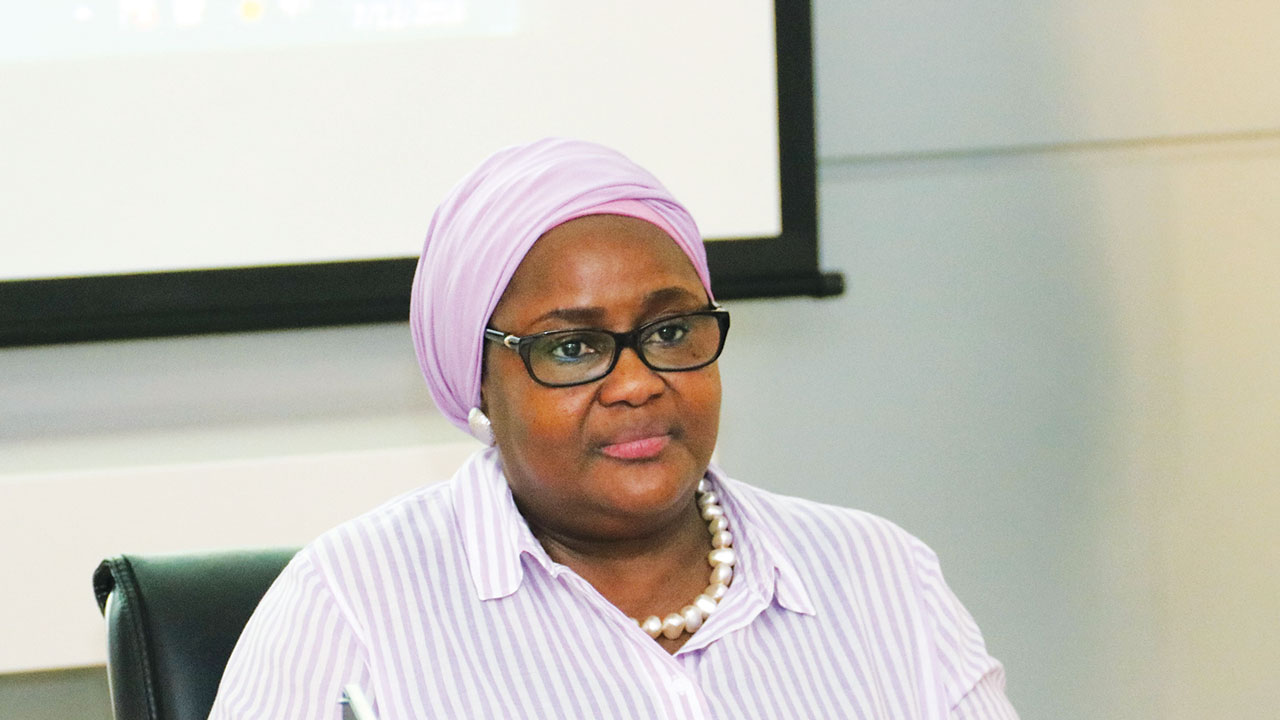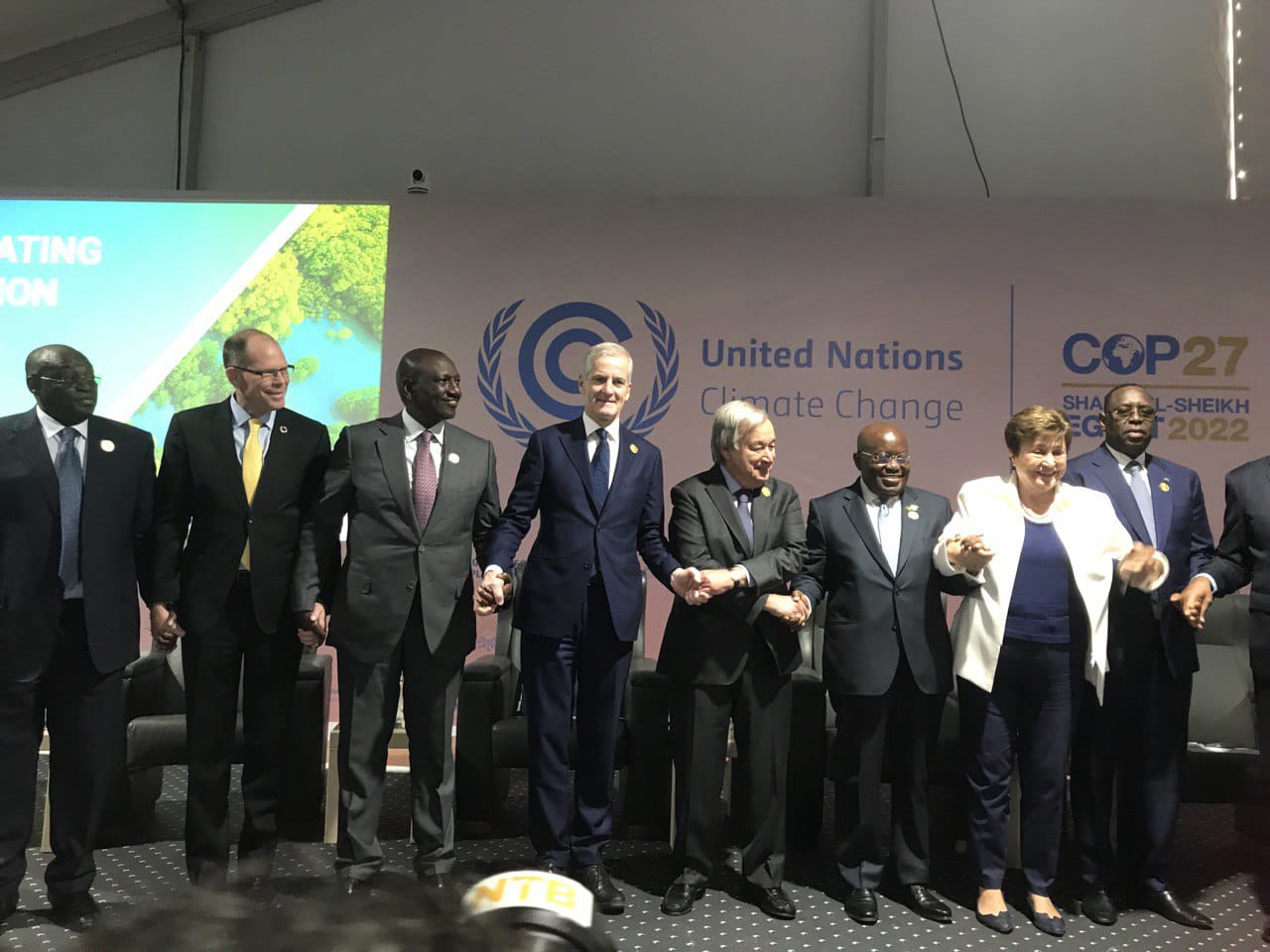BY JIBRIN BABA NDACE
Upon the attainment of independence in 1960, Nigeria’s Prime Minister (1960-1966), Sir Abubakar Tafawa Balewa, declared “Africa is the centrepiece of Nigeria’s foreign policy”. That policy statement has been the underlying commitment of Nigeria to the continent and the West African sub-region.
Since independence, therefore, Nigeria’s foreign policy has been characterised by a ‘Big Brother’ role – as a regional power and by attachment to several fundamental principles such as African unity and independence; capability to exercise hegemonic influence in the region; peaceful settlement of disputes; non-alignment and non-intentional interference in the internal affairs of other nations; and regional economic cooperation and development.
Thus, for many decades, the nation’s foreign policy thrust was unmistakably afro-centric, becoming the backbone of the armed struggle to finally rid the continent of the remnants of the vestiges of colonialism and apartheid.
Advertisement
Consequently, Angola, Zimbabwe, South Africa, Liberia, Sierra Leone and The Gambia among other African nations, were beneficiaries of Nigeria’s diplomatic benevolence.
In carrying out these principles, Nigeria participates in the African Union, the Economic Community of West African States (ECOWAS), the Non-Aligned Movement, the Commonwealth of Nations, the United Nations, and recently, adopted the Continental Free Trade protocol.
In pursuing the goal of regional economic cooperation and development, Nigeria helped create ECOWAS, which seeks to harmonise trade and investment practices for its 15 West African member countries, ultimately achieve a full customs union, and establish a single currency. Nigeria has played a central role in the ECOWAS efforts to end the civil war in Liberia and contributed the bulk of the ECOWAS peacekeeping forces sent there in 1990. Nigeria also has provided the bulk of troops for ECOMOG forces in Sierra Leone.
Advertisement
Nigeria has enjoyed generally good relations with its immediate neighbours and has actively played a leading role in West Africa. With enormous military power, it has been perpetual in its aim of promoting peace and stability in Africa’s most prosperous region for more than three decades.
Despite Nigeria’s glaring contribution to regional peace and stability as well as social and economic development, experts on international affairs and diplomacy have argued that there have not been commensurate benefits and opportunities for the country’s investors, entrepreneurs, and business leaders. Nigeria has no meaningful economic presence in these countries to compensate for her sacrifices.
Therefore, there is a need for Nigeria to take the lead in articulating the views of developing nations on the need for modification of the existing international economic order and economic diplomacy to promote the growth of these West African country’s economy by increasing trade, promoting investments, collaboration on bilateral and multilateral trade agreements.
As the giant of Africa, Nigeria has succeeded in playing the role of the protective big brother in West Africa but it is time for it to engage in economic diplomacy which can improve foreign policy. There are countries in Africa with huge potential waiting to be explored.
Advertisement
These countries have their own natural resources and niche which keep the countries afloat and are open to investors across Africa, especially Nigerians who have the capacity to invest.
It is important to note that the main goal of ECOWAS is to promote economic cooperation among the 15 member states comprising Benin, Burkina Faso, Cape Verde, Cote d’Ivoire, The Gambia, Ghana, Guinea, Guinea-Bissau, Liberia, Mali, Niger, Nigeria, Senegal, Sierra Leone, and Togo, in order to raise living standards and promote economic development.
In line with the goals of ECOWAS and the need to open up Guinea Bissau to investors in Africa and around the world, the government of Guinea Bissau and the embassies of Nigeria, Cape Verde, and South Africa together with the United Nations Development Programme (UNDP) are jointly organizing and hosting the inaugural edition of Bissau Rising Impact Investment and Trade Forum.
The aim of the event is to open a platform for business leaders, artistes, government officials, policymakers, diplomats and influencers from Africa and beyond. The forum creates new opportunities through cooperation and the exchange of ideas that foster innovation and generate new value to achieve a positive impact on the economy, society and environment.
Advertisement
Unlike previous diplomatic engagements, where the majority of Nigerians could not justifiably see anything tangible and beneficial to the man on the street, the current focus is expected to be felt in several ways, including more foreign direct investments, transfer of technologies, taking the nation’s industrial capacities to neighbouring countries, thereby creating a pool of expatriate Nigerian workers, as well as opening a new frontier of business opportunities for big and small businesses within and outside the African continent.
Speaking about the potentials and opportunities, Nigeria’s Ambassador to Guinea Bissau and Cape Verde, Ambassador John James Usanga, says: “I have been pushing, very seriously mobilising other ECOWAS ambassadors to prevail on the government to adopt policies that are conducive for investment and investors from ECOWAS, particularly from Nigeria. Can you imagine one industry set up here employing 2000 people, that’s more than 20% of the population taken off.
Advertisement
“We have collaborated with a lot of people in the government and in the private sector, to make Nigerians become aware of the prospects here then we begin to see Nigerians investing and taking up opportunities that for me, will be a good reward because these countries have been our trusted allies in multi-lateral relationships but we have a big problem of connectivity.
“We have a very big problem of connectivity in this place, we need maritime transport to move the goods, and we need air connectivity. I will encourage the Nigerian aviation sector to begin to look towards that. Aircraft can be deployed to these islands and they will still make a lot of money.”
Advertisement
The potentials are unending – “digital economy, infrastructure, blue economy, tourism, finance banking and insurance, creative industry, intellectual property, water sanitation and eco solutions including energy and waste management, logistics and transport” – all these have the potential to drive investment leading to positive social impact and economic change, he said.
Bissau Rising is no doubt a forum for Africans, but more importantly, Nigerians to look inward and embrace the potential of the African continent. It is time for Nigerian investors, and business leaders to heed the call of Ambassador Usanga by taking advantage of the Guinea Bissau Investment Forum.
Advertisement
Jibrin Baba Ndace works with Blueprint Newspapers, Abuja
Views expressed by contributors are strictly personal and not of TheCable.
Add a comment
